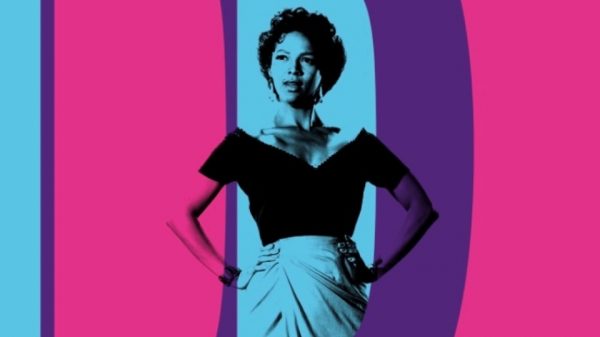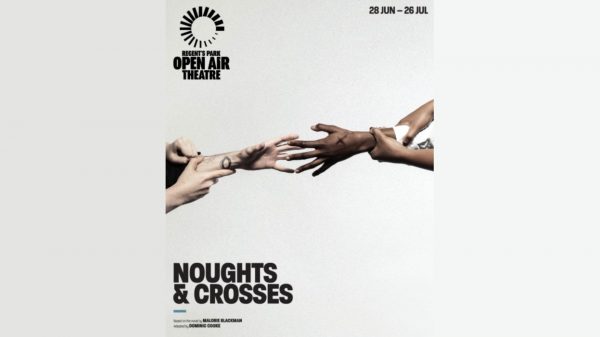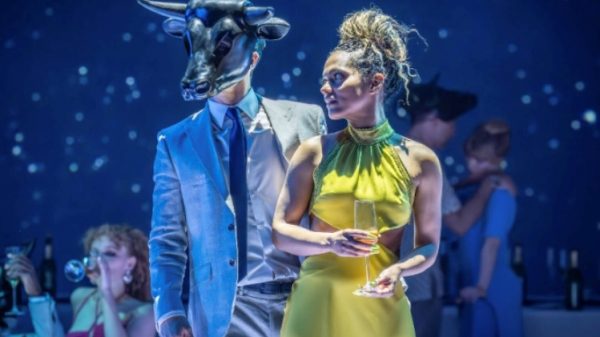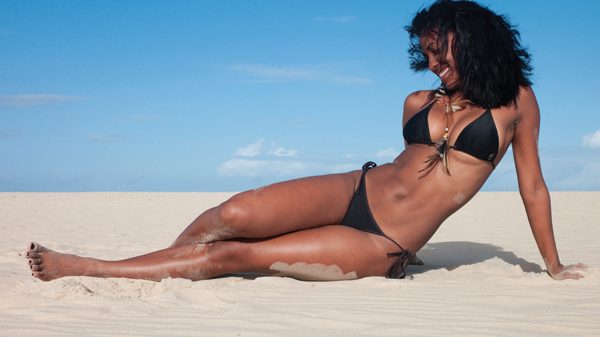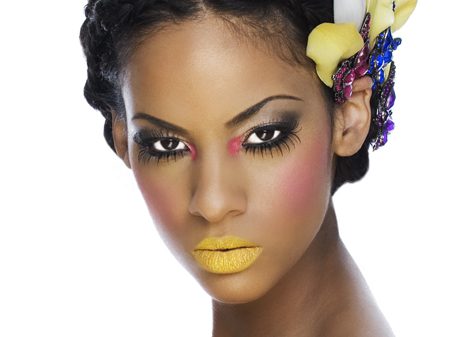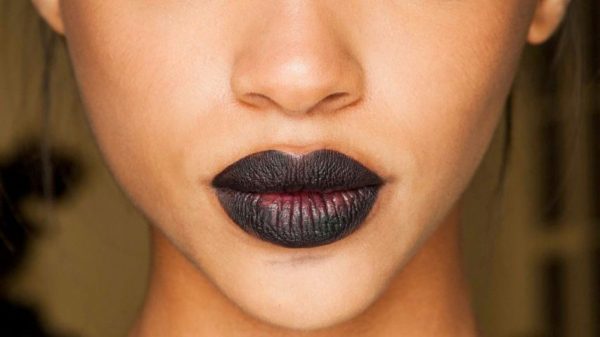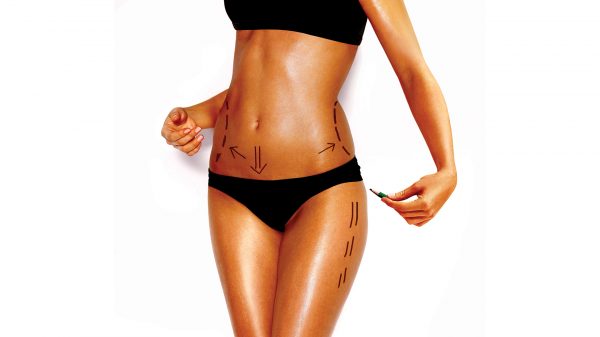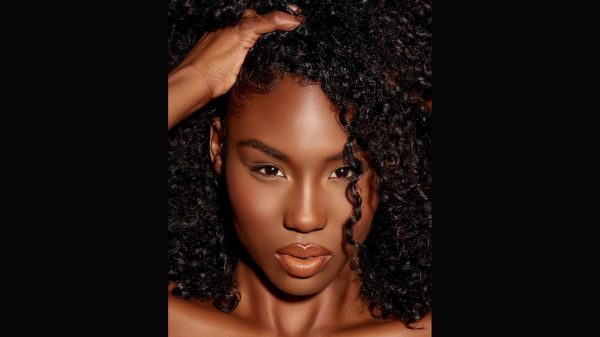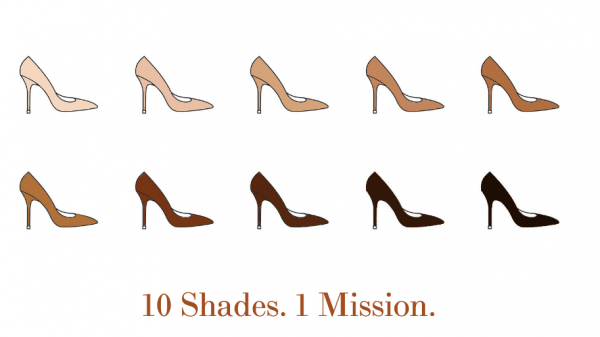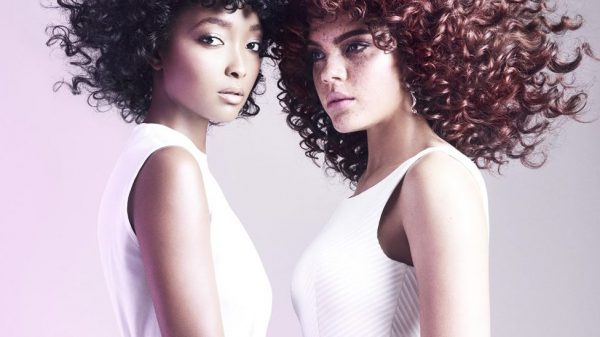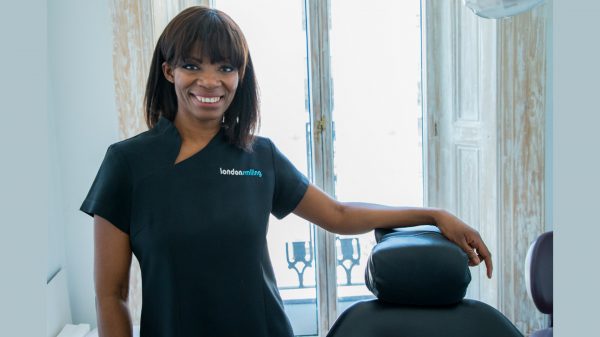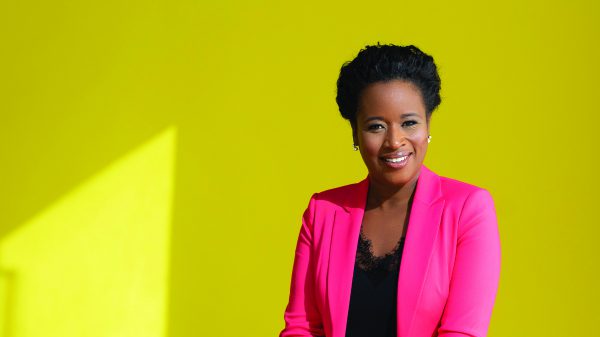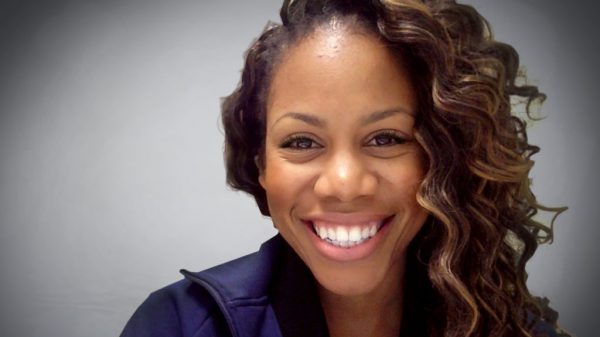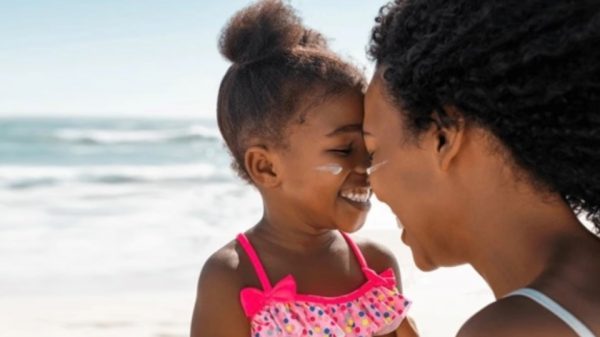British actress Cynthia Erivo is the only non-white acting nominee at this year’s Academy Awards, and there were no actors of colour considered at the Baftas at all. Entertainment and Features Editor Nicole Vassell wants the award ceremony voters to do better!
Five years ago, activist April Reign started the hashtag #OscarsSoWhite, addressing the lack of non-white nominees for the Academy Awards in 2015. It wasn’t long before the phrase caught like wildfire across the internet, and was even adapted to address other ways that the awards were falling short for diversity.
In 2020, it looks as if the hashtag is ready to return; all but one of those in the running for an acting award at this year’s ceremony is white. Cynthia Erivo, for her portrayal of iconic revolutionary Harriet Tubman in Harriet, is nominated for Best Actress, making her the only actor of colour recognised.
Of course, there have been years where this imbalance has been rightfully addressed; just last year, Regina King won a Best Supporting Actress Oscar, while Viola Davis picked up the Best Supporting Actress statuette the year before. Moonlight, directed by Barry Jenkins, took home the Best Picture Academy Award in 2017, and the same year saw the Academy inviting nearly eight hundred new members – thirty-nine per cent female and thirty per cent non-white. Promising stuff! But clearly, this hasn’t solved the problem for good, because as well as the whiteness of the acting categories this year, the Best Director category is completely void of women directors.
Things were even bleaker with the Baftas this year, as all acting nominees were white (with Scarlett Johansson and Margot Robbie receiving two nominations each) as well as having no female directors nominated. Where the industry has seemingly made gradual steps forward when it comes to identifying their idea of what excellence is, occurrences like these set us back. It’s more than frustrating to see improvements made in the number of films with diverse casts and creative teams getting short-changed when it comes to moments of prestige.
‘Black people shouldn’t be used as props in order to make an exclusionary body feel better about their lack of diversity’
Oscar-nominee Erivo wasn’t nominated at the Baftas, yet they invited her to perform at the London ceremony – an invite she ultimately turned down. She told reporters at Extra: ‘I felt like it didn’t represent people of colour in the right light… It felt like it was calling on me as an entertainer as opposed to a person who was a part of the world of film and I think that it’s important to make it known that it’s not something that you throw in as a party trick, you know?’
And amen to that! Black people shouldn’t be used as props in order to make an exclusionary body feel better about their lack of diversity while failing to consider them as true contenders for their biggest honours.
A solution that is often posited when matters like these occur is to forget about these award shows and focus on uplifting ones that actually recognise a wide variety of creators. While this is something that should happen, it’s still valid for people of colour and women to want representation in the mainstream awards. How many times do we have to say it: the world is more than white men! Awards voters, please do better – nomination years like this make you seem out of touch, and soon we’ll doubt why we care about you in the first place.






